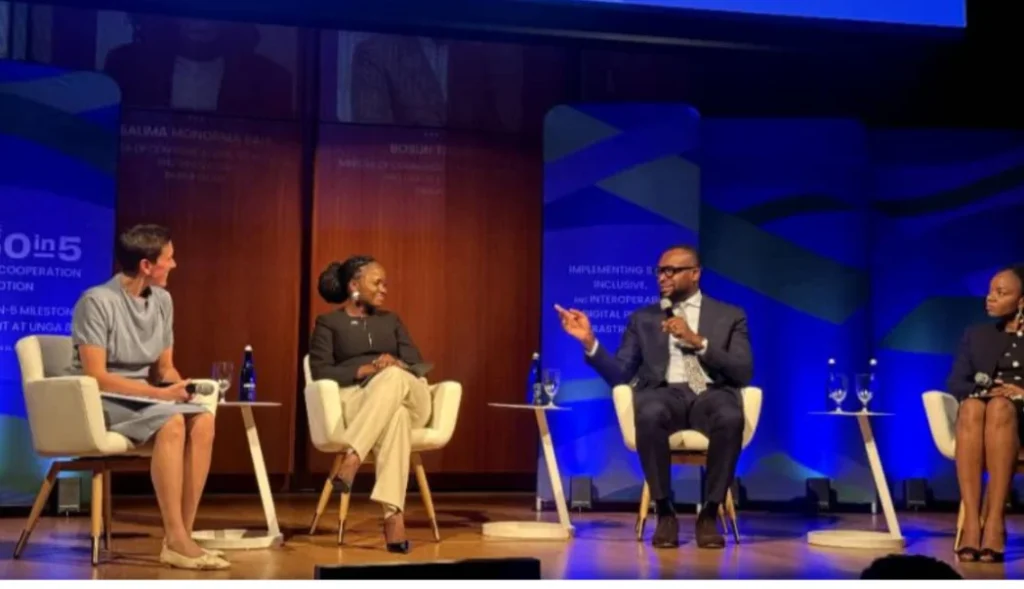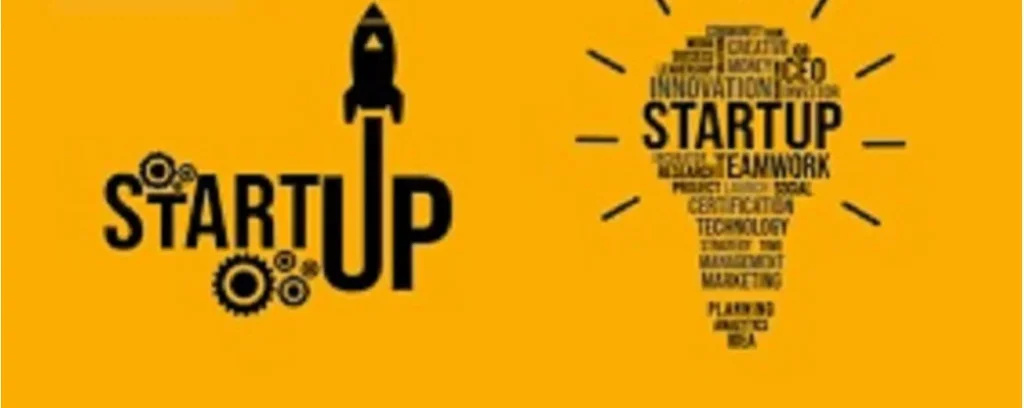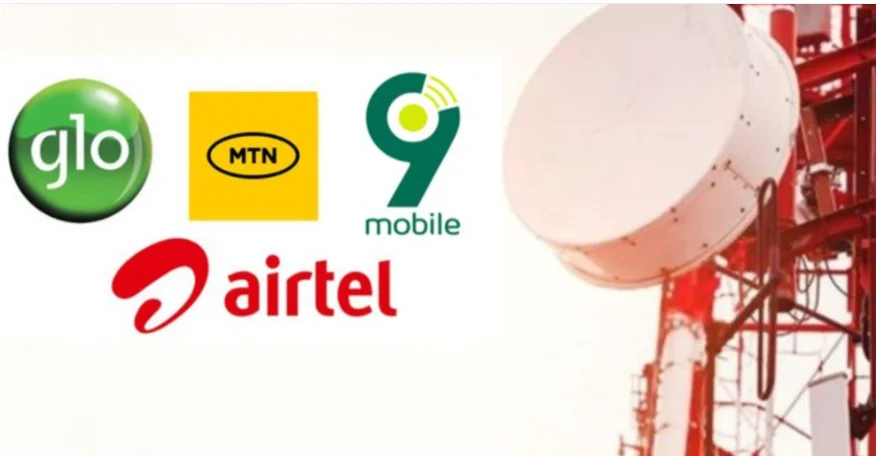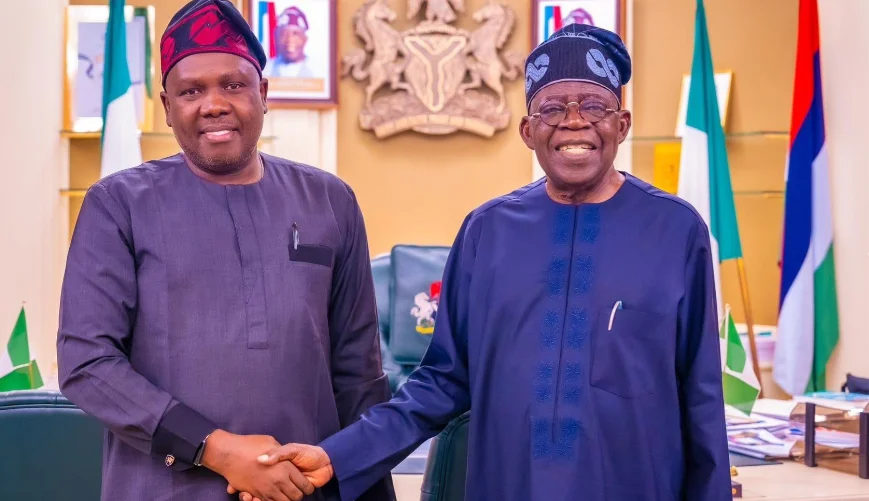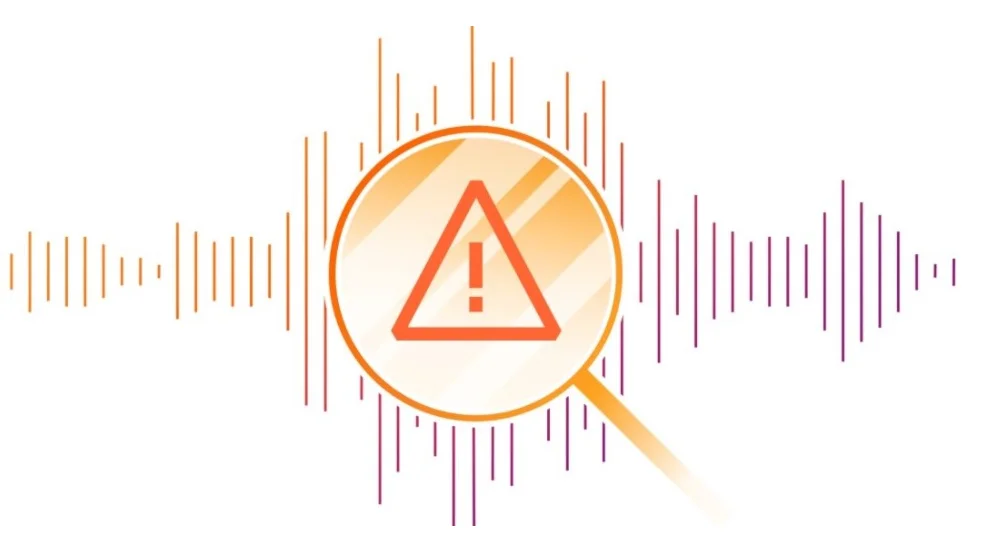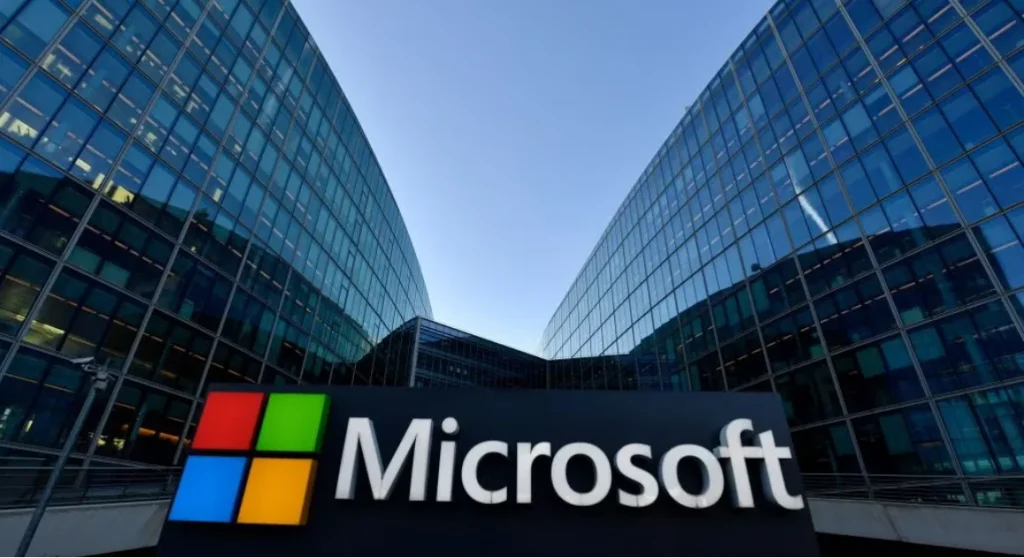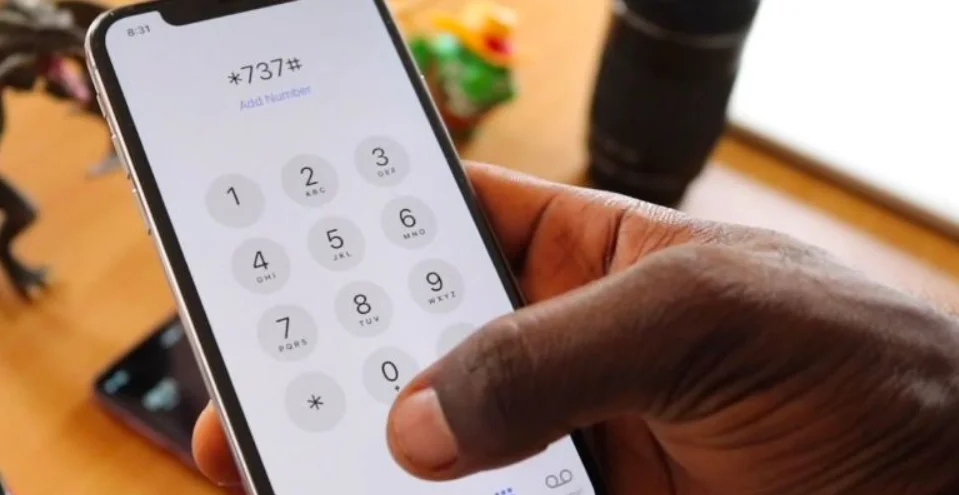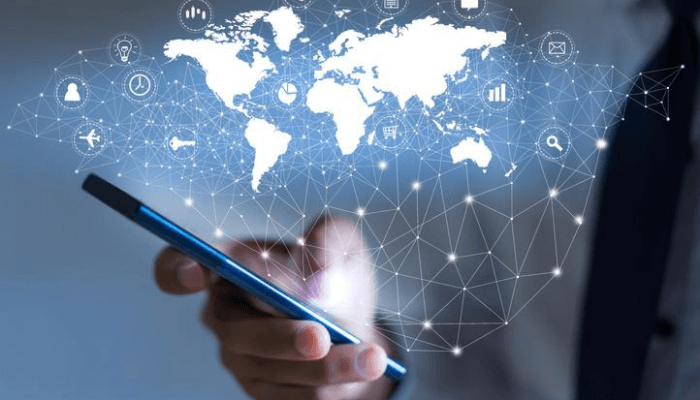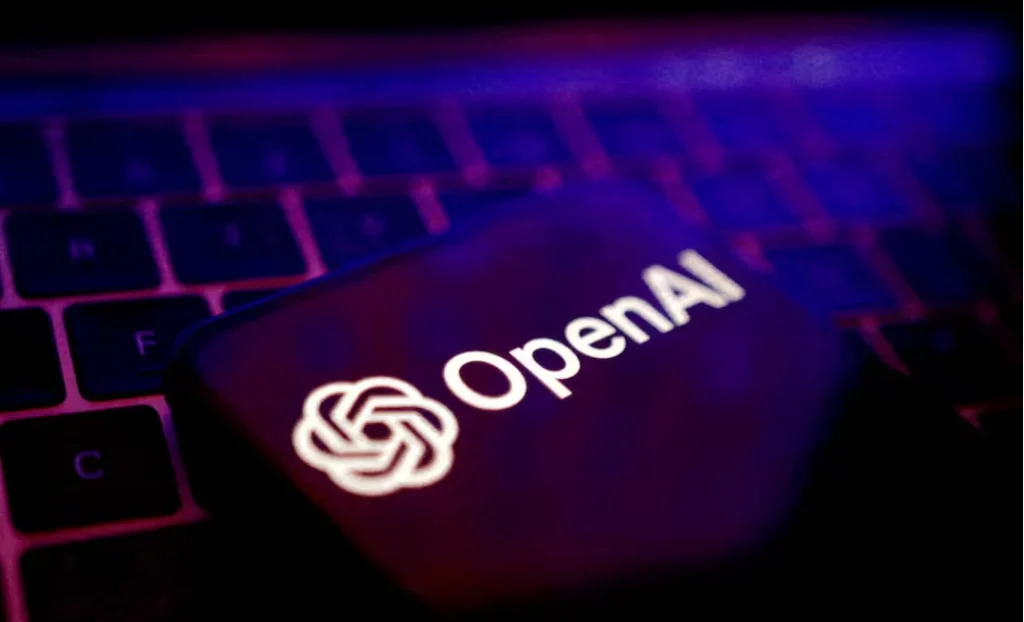Nigeria Joins the Digital Public Goods Alliance to Advance Open and Inclusive Digital Transformation
Nigeria has officially joined the Digital Public Goods Alliance (DPGA) — a United Nations-endorsed, multi-stakeholder initiative that accelerates digital transformation through the adoption of open-source technologies. This move marks a major milestone in Nigeria’s commitment to building an inclusive, transparent, and interoperable digital ecosystem that supports sustainable development and strengthens public infrastructure.
The announcement was made during the DPI Cooperation in Motion 50-in-5 Milestone Event, held on the sidelines of the 80th United Nations General Assembly (UNGA80) in New York City on September 22, 2025.
What the Digital Public Goods Alliance (DPGA) Represents
The DPGA facilitates collaboration between countries, development partners, and organisations to promote the discovery, development, and deployment of Digital Public Goods (DPGs) — open technologies that are freely available for reuse and adaptation.
DPGs include open-source software, open data, open AI systems, and open content collections that adhere to privacy, security, and ethical standards, ensuring they “do no harm” and contribute directly to achieving the United Nations 2030 Sustainable Development Goals (SDGs).
Nigeria’s Commitment to Open and Inclusive Digital Growth
Speaking on Nigeria’s new membership, Dr. ‘Bosun Tijani, Minister of Communications, Innovation and Digital Economy, reaffirmed the country’s commitment to building an open, inclusive, and globally connected digital future.
“Nigeria’s membership of the Digital Public Goods Alliance reinforces our commitment to building an open, inclusive, and collaborative digital ecosystem that empowers our people and drives sustainable growth. Through this partnership, Nigeria is not only participating in a global movement but also contributing homegrown solutions that reflect our leadership in shaping the future of digital transformation in Africa,”
— Dr. ‘Bosun Tijani, Minister of Communications, Innovation & Digital Economy
By joining the DPGA, Nigeria aims to integrate digital public goods into its government’s digital service stack — ensuring that public sector innovation remains transparent, interoperable, and globally connected.
Integrating Digital Public Goods into Nigeria’s DPI Framework
Under the guidance of the Nigeria Digital Public Infrastructure (DPI) Framework, which recognises DPGs as key enablers of diversity, openness, and innovation, the government plans to:
- Develop a National DPG Playbook to standardise and scale the adoption of digital public goods.
- Promote public-private partnerships to expand DPG integration across ministries and states.
- Foster a supportive policy environment that encourages collaboration and innovation.
Notable DPGs already in use or planned for adoption in Nigeria include:
- OpenCRVS – for civil registration and vital statistics.
- DHIS2 – for managing health information systems.
- KoboToolbox – for data collection and field research.
Building Local Capacity for Sustainable Digital Innovation
Nigeria’s membership in the DPGA also focuses on developing local talent and capacity for maintaining and creating DPGs. Through programs like 3 Million Technical Talent (3MTT) and DevsInGovernment, the country aims to:
- Train and empower Nigerian developers to contribute to open-source projects.
- Build sustainable ecosystems for maintaining DPGs.
- Certify more Nigerian-built technologies to meet the DPG Standard, making them reusable across borders.
Among the local digital innovations expected to be recognised as DPGs are:
- eHealth Nigeria, which uses OpenMRS, a digital public good, to digitise health data in northern Nigeria.
- BudgIT, a civic tech organisation promoting transparency in government spending.
- Citizens’ Gavel, which leverages technology to enhance access to justice.
Global Recognition and Endorsement
Commenting on Nigeria’s admission, Liv Marte Nordhaug, Chief Executive Officer of the Digital Public Goods Alliance Secretariat, praised the country’s commitment to inclusive digital transformation:
“By embracing digital public goods in its policy processes and capacity building efforts, Nigeria is strengthening its digital public infrastructure and service delivery in vital areas such as education and health. The country is also demonstrating global leadership in driving inclusive and sustainable digital transformation.”
— Liv Marte Nordhaug, CEO, Digital Public Goods Alliance Secretariat
Why This Matters for Nigeria and Africa
Nigeria’s participation in the DPGA signifies more than international cooperation; it positions the country as a regional leader in digital transformation. The partnership allows Nigeria to:
- Access global best practices in open-source technology governance.
- Collaborate with other nations on interoperable digital systems.
- Accelerate innovation in public service delivery.
- Strengthen financial and digital inclusion across all levels of society.
Through shared insights and joint projects, Nigeria will contribute to and benefit from the global DPG ecosystem, fostering a more open and inclusive digital future for Africa.
Conclusion
By joining the Digital Public Goods Alliance, Nigeria has taken a significant step toward achieving its digital transformation goals and advancing the United Nations Sustainable Development Agenda.
This partnership cements Nigeria’s role as a key player in the global digital ecosystem, committed to open collaboration, innovation, and inclusive progress that benefits both its citizens and the wider African continent.

